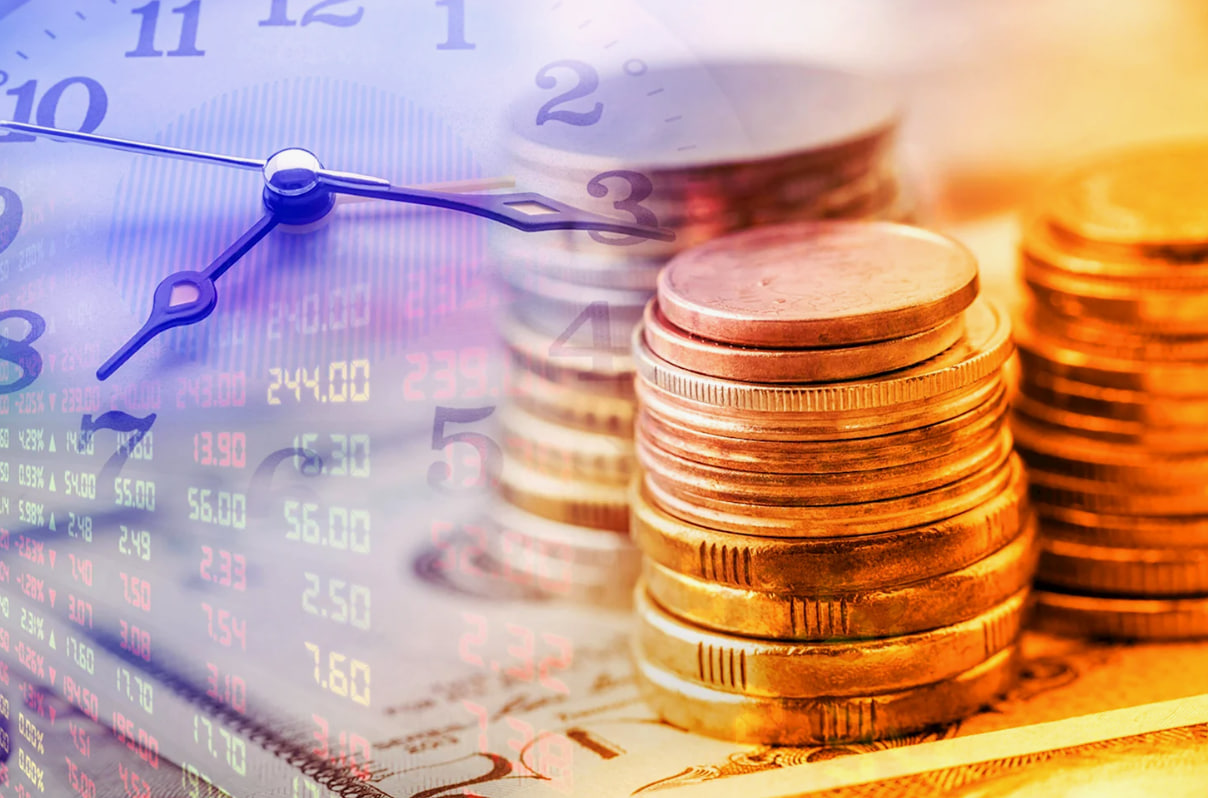The European economy significantly impacts investment in several ways:
-
Economic Growth Rates: Higher growth rates can attract more investment as businesses seek to capitalize on expanding markets. Conversely, slow growth or recessions can deter investment.
-
Interest Rates: The European Central Bank's (ECB) monetary policy, including interest rate changes, affects borrowing costs. Lower rates can stimulate investment, while higher rates may discourage it.

-
Regulatory Environment: The EU's regulations can influence investment decisions. A stable and favorable regulatory framework encourages investment, while excessive bureaucracy or unpredictability can deter it.
-
Currency Stability: The Euro's stability can affect foreign investment. A strong and stable currency can make Europe more attractive to investors.
-
Political Stability: Political events, such as elections or policy changes, can create uncertainty, impacting investment decisions. Investors typically prefer stable political environments.
-
Trade Policies: Trade agreements and tariffs can influence the flow of goods and services, affecting businesses' investment decisions based on market access.
-
Technological Development: Investment in innovation and technology can be driven by the economic climate. Regions that invest in technology may attract more venture capital.
-
Labor Market Conditions: Employment rates and workforce skills influence investment decisions. A skilled labor force can attract companies looking to expand.
Overall, the interplay of these factors creates a dynamic environment for investors considering opportunities in Europe.
